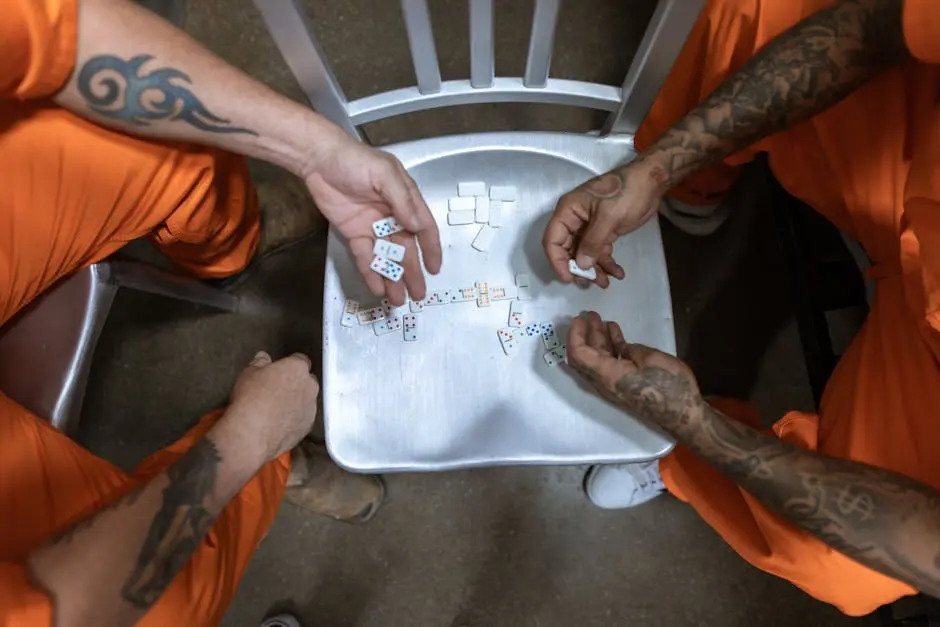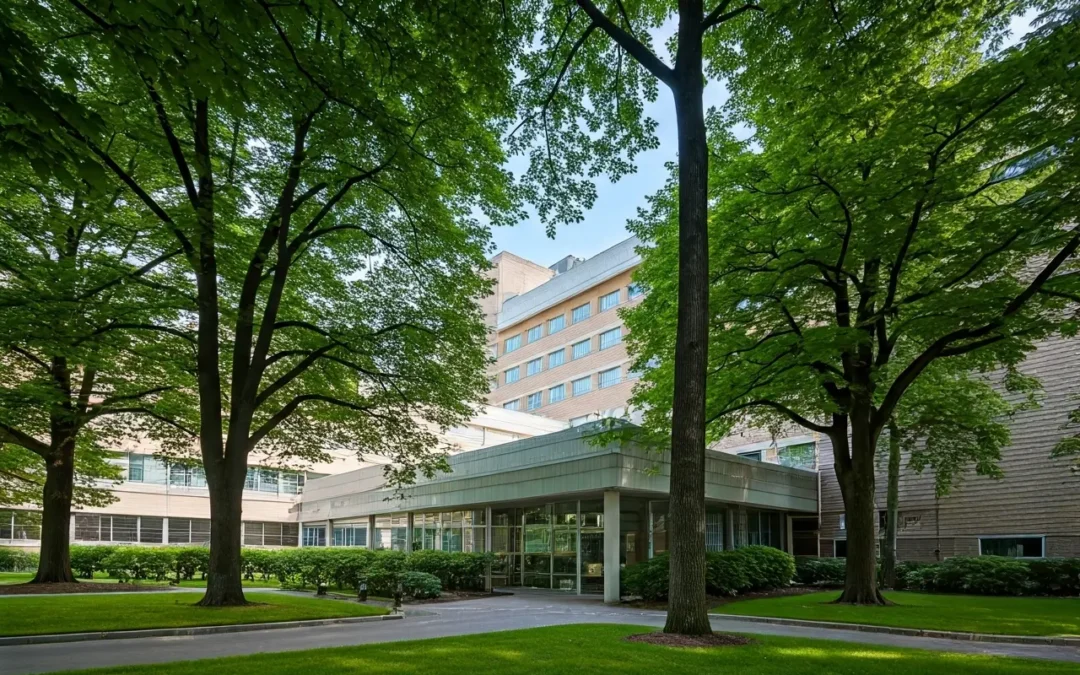In the journey to recovery from addiction, the path can often feel solitary. However, at Port St Lucie’s rehab center, the power of community forms a pivotal part of the healing process. This blog explores how fostering communal relationships can aid in overcoming addiction and building a supportive environment.
Table of Contents
- 1 Understanding the Importance of Community in Recovery
- 2 How Community Support Enhances the Rehab Process
- 3 Building Lifelong Connections Through Group Therapy
- 4 The Role of Families and Friends in Community Healing
- 5 Creating an Inclusive and Supportive Environment
- 6 Embracing Community for Lasting Recovery
Understanding the Importance of Community in Recovery
Recovery is more than just a personal struggle; it involves rebuilding connections that were lost during addiction. Community plays a crucial role in offering emotional support, shared experiences, and a sense of belonging, all of which are vital for a successful rehabilitation journey.
Research indicates that individuals who are part of a supportive community are more likely to remain sober. Community involvement provides a network of support that can help prevent relapse by offering encouragement and understanding during challenging times. Furthermore, being part of a community teaches accountability and responsibility, essential components in maintaining a substance-free life. Within Port St Lucie’s rehab center, fostering community is not merely encouraged but actively facilitated through various activities and programs that bring people together, allowing them to learn and grow in a supportive environment.
How Community Support Enhances the Rehab Process
In Port St Lucie’s rehab center, support groups and community activities are integral components of treatment. These initiatives allow individuals to share their stories, gain insights from peers, and learn coping strategies, fostering resilience and accountability.
Through organized community events, individuals learn to navigate social settings and build interpersonal skills in a safe space. These planned activities often become a venue for celebrating milestones, reminding participants of the progress they’ve made and the community that supports them. Such recognition has significant psychological benefits, reinforcing self-esteem and a sense of accomplishment. Additionally, the rehab center promotes community bonding through workshops and group projects, which serve as an avenue for individuals to discover new interests and talents that can replace harmful habits. This multidimensional approach to community involvement ensures that each person experiences holistic growth during their stay, making the transition to life outside the facility smoother and more manageable.
Building Lifelong Connections Through Group Therapy
Group therapy sessions provide a platform for participants to build trust and understanding among one another. These interactions often lead to meaningful friendships and a strong support network that extends beyond the rehab center, proving invaluable for long-term recovery.
The dynamics of group therapy allow individuals to witness shared challenges, dispelling the myth that they are alone in their struggle. Participants gain unparalleled insights from each other’s experiences, learning new coping mechanisms and perspectives they might not encounter elsewhere. The encouragement found in these sessions nurtures personal growth, as individuals gradually feel more comfortable sharing their vulnerabilities and triumphs. This mutual sharing is foundational in cultivating empathy and compassion, vital components for maintaining sobriety in real-world environments. As bonds strengthen over time, many continue their friendships outside the structured setting of therapy, finding solace in continuing their journey together. These lifelong connections are often the bedrock upon which sustained recovery is built.
The Role of Families and Friends in Community Healing
Involving families and friends in the rehab process strengthens the community around each individual. By educating loved ones about addiction and recovery, the center helps rebuild familial relationships and create a nurturing environment for change.
Education for families is a key component at Port St Lucie’s rehab center, empowering them with the knowledge and skills needed to support their loved ones effectively. Family counseling sessions provide a safe space for healing conversations, allowing wounds that addiction has inflicted to begin the process of mending. These sessions aim to address the emotional impacts of addiction, fostering communication and empathy between all parties involved. Families often leave these sessions with a deeper understanding of addiction as a chronic disease, moving past blame and towards support and encouragement. The commitment to involving families underscores the center’s holistic approach to recovery, recognizing that healing takes place not only within the individual but also within the family unit.
Creating an Inclusive and Supportive Environment
Port St Lucie’s rehab center emphasizes inclusivity, ensuring all individuals feel welcomed and supported, regardless of their backgrounds. This approach ensures a safe space for healing and fosters a community where everyone can thrive together.
The center’s commitment to diversity and inclusion is evident in its diverse range of programs and activities designed to cater to the varied cultural and personal backgrounds of its residents. By embracing this diversity, the rehab center not only enriches the treatment experience but also prepares individuals for engaging with an increasingly diverse world outside the facility. Workshops on cultural competence and appreciation reinforce the importance of acceptance and respect, vital in building a cohesive community. This inclusive philosophy extends to the professional staff, who are trained to recognize and address the unique needs of each individual, ensuring that personalized care supports each person’s recovery journey. The result is a supportive environment where everyone is encouraged to share their experiences and learn from one another, further strengthening the community bond.
Embracing Community for Lasting Recovery
Community is not just an element of the recovery process at Port St Lucie’s rehab center; it is a cornerstone. By building connections and fostering a supportive atmosphere, individuals in recovery find renewed strength and hope. Embracing this community-focused approach transforms the journey to sobriety into a shared endeavor, empowering individuals along the way.











